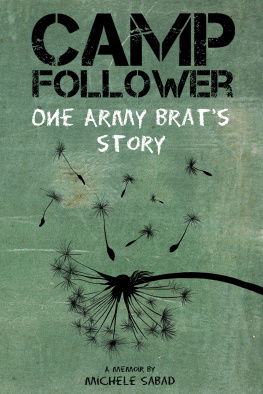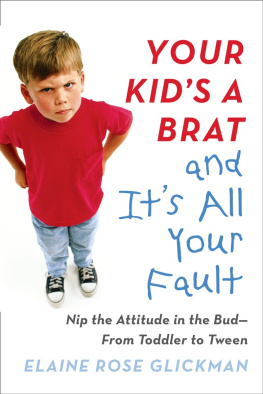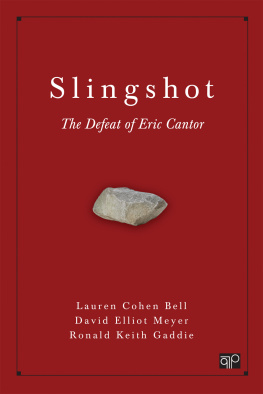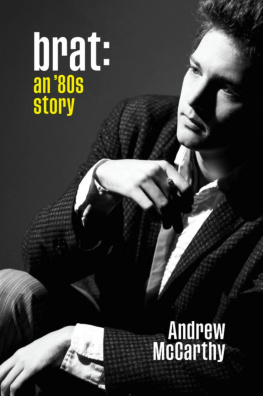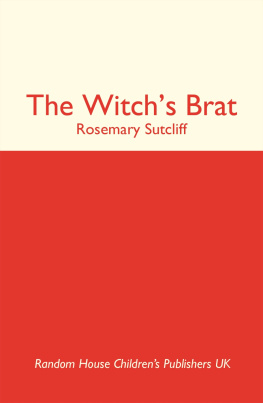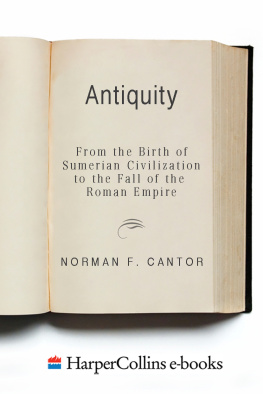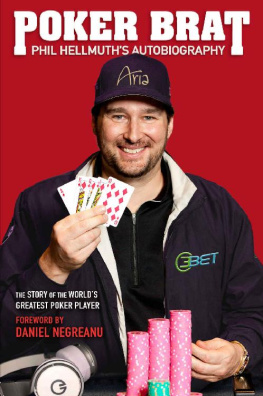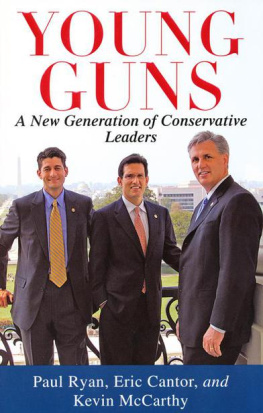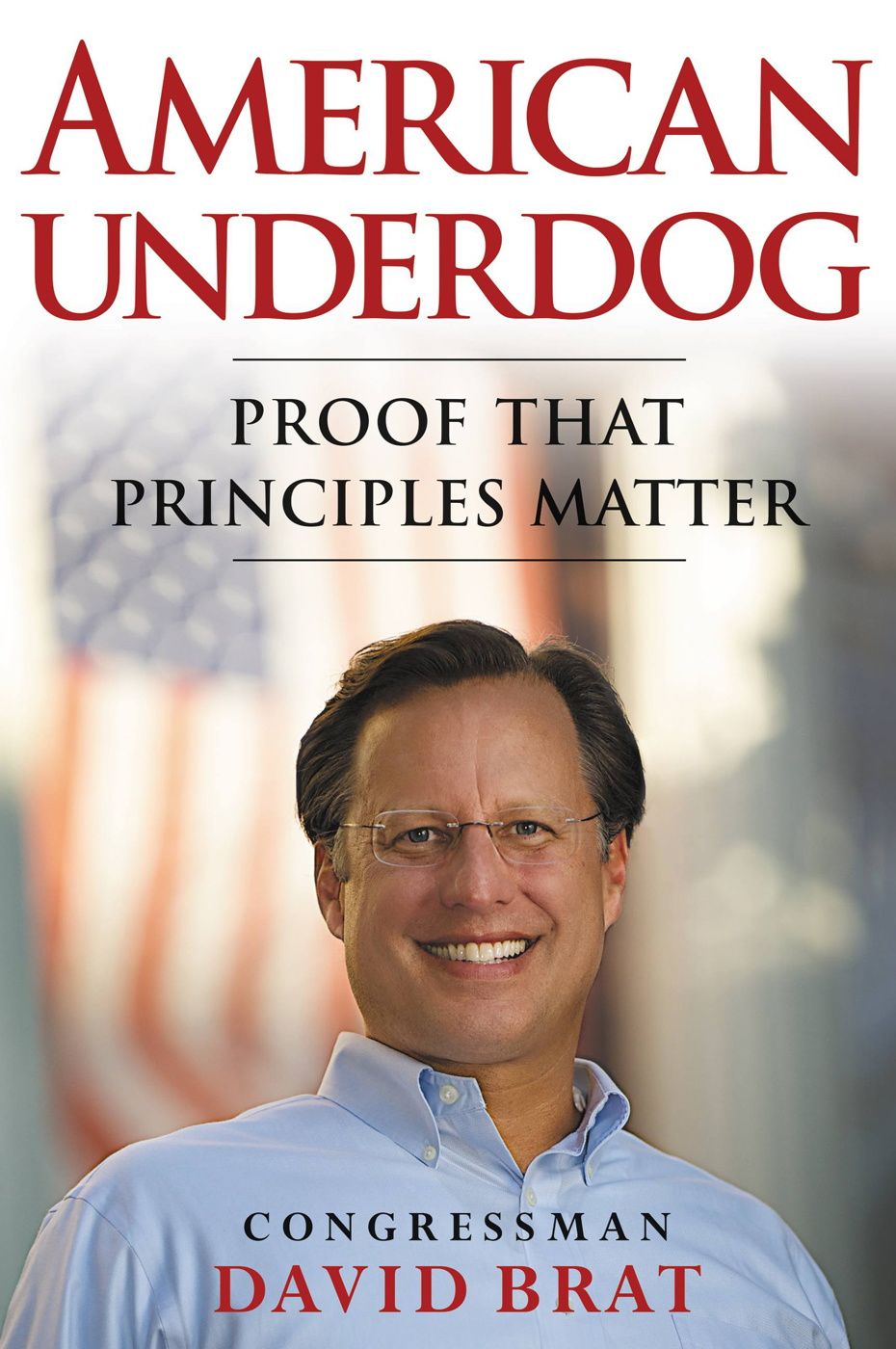Cover copyright 2016 by Hachette Book Group, Inc.
Hachette Book Group supports the right to free expression and the value of copyright. The purpose of copyright is to encourage writers and artists to produce the creative works that enrich our culture.
The scanning, uploading, and distribution of this book without permission is a theft of the authors intellectual property. If you would like permission to use material from the book (other than for review purposes), please contact permissions@hbgusa.com. Thank you for your support of the authors rights.
Center Street is a division of Hachette Book Group, Inc. The Center Street name and logo are trademarks of Hachette Book Group, Inc.
The publisher is not responsible for websites (or their content) that are not owned by the publisher.
The Hachette Speakers Bureau provides a wide range of authors for speaking events. To find out more, go to www.HachetteSpeakersBureau.com or call (866) 376-6591.
M y first year in Congress has been tough, but although I came into office as an outsider, I was never really fighting alone. I was just following in the tradition of many people fighting for limited government, free markets, and Judeo-Christian ethics who came before me, and this book is the story of that tradition.
It is also the story of applying the principles of that tradition to a congressional campaign that led to my election and shook the Washington establishment. Im grateful to all the people who helped out on that campaign and to my familymy wife, Laura, and children, Jonathan and Sophiafor sticking by me through all the hard work. I think they were even having fun, at least sometimes. Im also thankful to Todd Seavey, Kate Hartson, Jennifer Cohen, and the others who helped make possible the book youre reading now, so that I can try to put the whole campaign into perspective and explain what I hope to accomplish in Washington now that Im there.
I want to thank all the people of Virginias Seventh District, without whom I wouldnt be there. They gave me the opportunity to serve our country. My volunteers and staff did a fantastic job working with this rookie and putting us into a position to make a new voice heard in our national conversationmaybe begin to turn the ship of state around on some of the issues described in this book.
This is a quick overview of a very long-term struggle, so bear with me if some of the details are glossed over quickly or Ive misquoted a medieval sage somewhere along the line. If the sense of the deeper Western culture Im defending comes through, that is the important thing. Im not attempting to solve all the worlds problems in this volume but instead to take twenty years worth of lecture notes, stump speeches, campaign documents, press clippings, blog citations, policy briefs, economic reports, and the wisdom of the ages and show how all of these ideas can fit together in a systematic whole.
I have long admired efforts to fit the disjointed parts of our philosophical inheritance into a larger whole, to make some sense of how we got to this strange point. I was a liberal arts professornot the same thing as a liberal professor, let me stressfor twenty years, and I went to seminary before teaching economics. I love economics, but in that field you sometimes find yourself longing for the ability to step back and contemplate the whole universe that comes more naturally to theologians. Economics these days rarely involves stepping back, looking at the big picture, and asking if weve gotten the fundamentals wrong. The most respected, advanced thinkers in economics are usually brilliant people but are focused on very detailed, technical questions. The systematic part has been left behind. But we need it badly right now.
That is why the classicsof literature, philosophy, religion, and economicsare so valuable. Most philosophers of note throughout our history were system builders. The constitutional regime crafted by the United States Founders was the icing on the cake of a unique blend of Western civilization ingredients. I believe God had a hand in that process, too, putting some very talented men in place here at just the right time. Their wisdom has left us with the tools to survive difficult times and political confusion, to move forward and fix the flaws in our republic. This book is an attempt to show that we depart from their exampleabandon the tools they left usat our peril. We can return to a systematic way of thinking in which they partook so that our politics, economy, civil society, academics, businesses, military, teachers, and public servants all work in an environment of freedom and optimism again.
I hope weve dotted all the is and crossed all the ts in this book, but we put it together in an impressionistic fashion in a few short months, so if not every great author is quoted perfectly, we apologize in advance. But we also recall that the classics did not have too many footnotes. They drew upon common knowledge. The great ideas did not belong solely to any particular individual, but the greats still cited one another. They were aware of most of the Canon in those days, not squirreled away in their own niches of technical expertiseand they knew that no one in particular was the Oracle. They assumed that the greatest insights of all likely came from God and from the tradition itself, made up of the great minds that preceded them. That is the attitude I hope to embody.
This is not an excuse for sloppiness, as our goal is to be particularly mindful of giving credit where its due, just an anticipation of reality, since we live in the age of gotcha politics where every sentence can be scoured for the slightest departure from political correctness or the latest revisionist research. My hope is just that you will come away sharing, even if only for the duration of this book, the big picture.
The reader will note, I also hope, that not a sentence in this book is intended to slight any particular person and that I write with the golden rule in mind. Just as I would expect to have people challenge my ideas boldly and firmly, I will do the same. That is what we are called to do in the realm of ideas, and I still believe we can do that, and learn from our contemporaries as well our forebears, without any of us hating each other because of it. Love is part of the solution to our political problems.
I hope voters will conclude that I was motivated by more than a desire for power or fame when I ran for office. Those forces explain a good deal of what goes on in Washington, DC, but when I ran for Congress, what excited me were battles much bigger than one election cycle, the political establishment I faced, and maybe even the gigantic federal debt so many of my constituents justifiably worry about.


